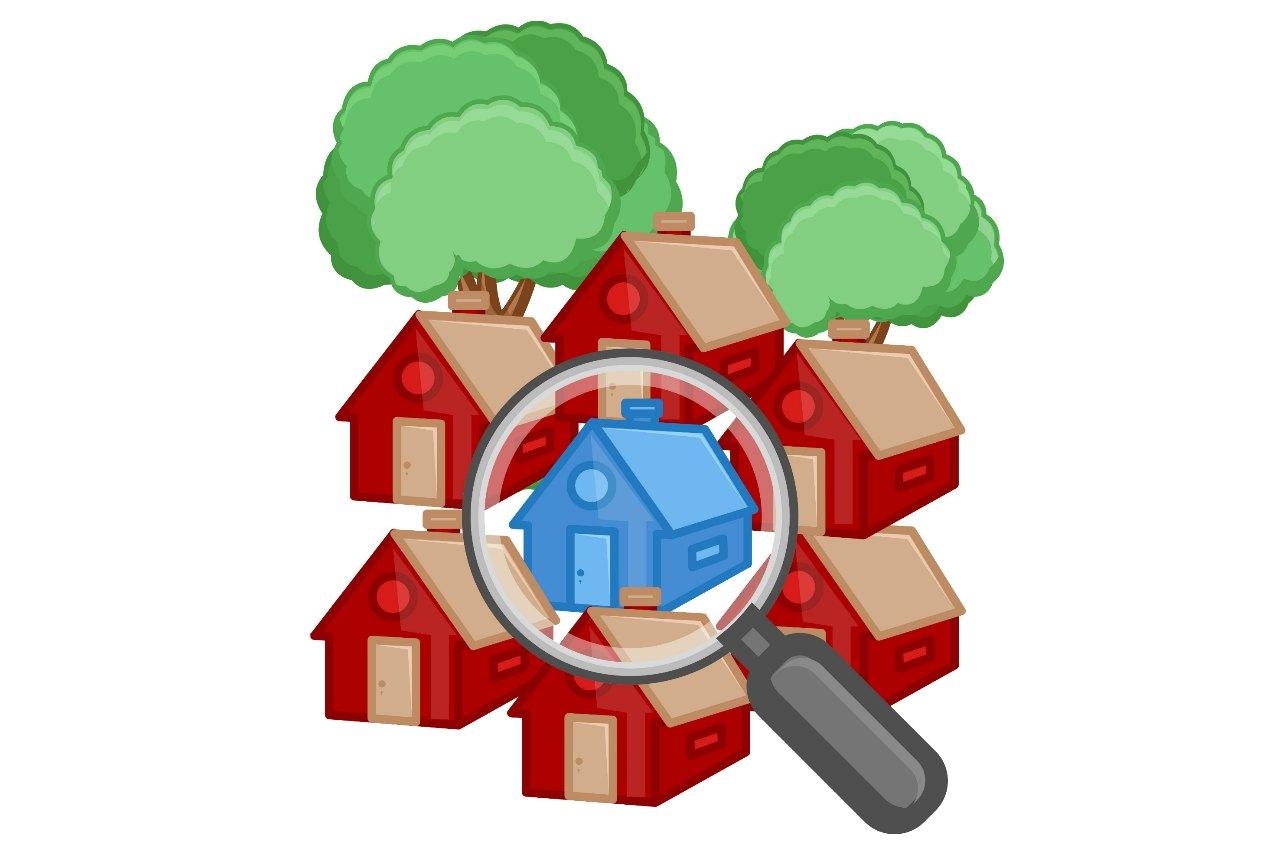
Retirement Planning Tips For Property Investors
It’s the Australian dream – the clock ticks 65 (or earlier) and off you sail into the sunset of retirement to live out the rest of your years stress-free. Sadly, for some, this will remain nothing more than a dream with the drastic cost of living rising and no plan to cover the shortfall – that is, unless you take onboard these retirement planning tips which could change the way you prepare for the future. Our property investment groups is a great place to keep informed about the ever changing landscape of real estate investing.
The truth is, unless you can live off $500 a week then you’ll need to start planning ahead now. That’s because a mere few hundred dollars is all you’ll get if you have $523,000 in your super by age 65 (estimating that you’ll live to 85).
This is the approximate amount that Australian Super Funds of Australia (ASFA) says you’ll need to live a comfortable retirement, based on the assumption that you’ll also receive the pension which is $36,000 per couple or $24,000 if you’re single. It doesn’t sound like a lot does it?!
Assuming you want more than to just scrape by after all those hard years of work, then these retirement planning tips are what you need to be across in order to retire stress free.
TIP 1 – CRITICALLY EVALUATE YOUR SITUATION
What is your financial situation right now? Before we look at where you’re headed, we first need to understand where you are today. Do you live paycheck to paycheck? How much do you have in your super? What about your emergency fund? These are all extremely important questions that most Australians overlook when wading through life.
The thing about financial security is that when you have it, everything else in your life changes for the better. That’s why the sooner you start creating wealth, the safer you’ll feel and the more you can live the way you want without having overarching guilt or feeling stuck in your current position.
There are three basic principles when it comes to creating wealth. So, put aside one hour, grab a pen and paper and let’s get a better understanding of your current financial situation.
Principle 1: Money buckets
Money is an energy exchange, the better you understand it, the more you’ll attract. As we grow up, money is often a taboo subject, and because it’s not talked about, we enter adulthood knowing nothing about money.
So here’s your first lesson; money buckets. They’re basically how you grow and accumulate wealth. Most Australians only have one thing in their bucket e.g. their wages. We know this isn’t going to create wealth for a stress free retirement.
You need to diversify and put your eggs into other buckets. These come in the form of other assets or strategies that work alongside your wages to help build that wealth, whether that’s shares, side hustles, or our favourite – real estate.
Principle 2: Knowing your number
This is asking the hard question, how much money do you need to die? Most people pluck a number out of thin air with no strategy behind it. Actually no, most people never even answer this question!
To create an informed investment strategy that will allow you to retire stress free, you need to work out what you need every month to live the life you want. Whether you’re after a comfortable or lavish lifestyle, you need to do the maths. If you don’t know how, this method will take you through the process.
Principle 3: Learning what grows your wealth vehicle
Let’s be clear, property doesn’t need to be your vehicle of choice for creating wealth for a stress free retirement. But, if you want an investment strategy that’s safe, steady and guaranteed to look after you in the future, then you need to consider it as an option.
This is because real estate has always had incredibly reliable returns, and being a physical asset, it will always be around in society. The key to creating passive income from property long-term is understanding what drives growth.
There are six market drivers that grow real estate value:
- Population growth
- Infrastructure growth
- Supply vs demand
- Economics
- Demographics
- Yield
This is explored further in tip number five!
TIP 2 – SET SPECIFIC AND ACTIONABLE GOALS
Once you are across the money principals above, the next step on the retirement planning tips list is to set some goals! Take note of the words ‘specific’ and ‘actionable’ – we’re building an informed strategy here. There is no substance to saying “I want to have five investment properties in 10 years” with no action steps to go along with it.
With any investment comes risk, and when we talk about risk in real estate, we’re essentially gauging how willing you are to expose yourself to loss and how you adapt when things go wrong.
As property investors, risk is all part of the buying game, so understanding your risk profile is crucial to your overall success. Once you know where you sit on the risk scale, this will help better inform what kind of specific and actionable goals you should be setting for your retirement plan.
TIP 3 – SET AND FOLLOW A LIVEABLE BUDGET
Once you’ve got your goals set in stone, you need to create an action plan that you can live by each day. A budget need not be complicated, the simpler it is, the easier it will be for you to follow. A good way to start is to track every dollar you spend for at least two weeks – if you can do one to three months, even better.
You can do this on a rough piece of paper, or if you’re the king or queen of organisation then you’ll find joy in knowing there are heaps of budget templates out there to set you up. Once you know where your money is going, you’ll be able to spot patterns. Where are you wasting money? What areas can you cut back on to increase your expendable income?
Make budgeting fun! Yes, it’s important to plan for your retirement but do it in a way where you can still indulge in those things that mean most to you. The key to budgeting is identifying and cutting back on your frivolous spending that doesn’t help your financial situation at all.
TIP 4 – PAY OFF DEBT
To ensure a stress free retirement you need to eliminate all of your debt – both the good and the bad – before you put in your notice.
For example, if you have a home mortgage and/or consumer debts (aka bad debt), focus your efforts on paying these obligations off as a first priority.
Bad debt is one of the top factors that holds back real estate investors. A lot of people are living on borrowed money without creating a financial outcome from what they are borrowing.
Potentially one of the most important retirement planning tips is to eliminate bad debt. It is the cleanest way to fix your credit profile and surge ahead as a property investor. Rip up the credit card and get rid of the car loans and those pesky Afterpays.
This will free up the funds you need to supplement your super, add to your emergency cash and perhaps buy your first (or next) investment property.
TIP 5 – COMMIT TO BUYING INVESTMENT PROPERTY(IES)
As previously alluded to, property investment is the go-to investment vehicle for creating wealth when it comes to retirement planning because as we say, real estate is a marathon not a sprint. When it comes to retirement, you want a vehicle that delivers consistent results over the long term.
Residential real estate has provided quality returns over the past 20 years, matching Australian Shares and outpacing inflation. In fact, a report from the ASX and Russell Investments released in June 2018 examined the returns of long term investments.
It found from the 20 years to December 2017, residential investment property saw better gross returns than the share market.
Investing in property for the first time can be exciting and thrilling. It can also be very, VERY confusing, and not to mention scary. This is your future, there’s a lot of money at stake and understandably, you don’t want to stuff it up.
As a beginner to property investing there are some important things to remember and steps to take if we want to get off to the best start.
TIP 6 – LEARN TO IDENTIFY THE BEST MARKETS
If this is all new to you then exercise some patience and do some really great, diligent research. The right property for you to buy may not be in your street or even in your state.
Take some time to research real estate markets around the country. Remember the six market drivers we discussed in tip one that grow real estate value? Those are called macro drivers and they will help you determine what city or state to buy in. For example, cities with infrastructure developments will likely attract people to the area and lead to population growth.
Then there are also micro drivers, which tend to be seen more likely in suburbs or towns.
The micro drivers are:
- The owners established benchmark
- The new established benchmark
- Socio-economic
- Symbolic landmarks
- The ripple effect
For example, when looking at suburbs or towns, you want to be looking for the “worst” house on the best street, (owners established benchmark) this allows for an opportunity to add value to reach the market-rate of nearby properties.
Another great way to see if a micro market will grow is to determine average income versus average house price, in other words, if wages are high and house prices affordable, the property market can rise in value.
TIP 7 – BUILD A PROPERTY PORTFOLIO
Now you know the benefits of property and what it takes to retire stress free by calculating your magic number based on your retirement living goals – great! But how do you go about building a property portfolio that reflects that?
Two things – you need the right team and the right strategy.
TIP 8 – ENROL A TEAM OF EXPERTS
The key to seeking advice is to get it from someone that is doing what you want to do. As much as you love your friends and family, unless they’re very savvy property experts who have spent years staying up to date with market behaviours and patterns then, it is likely that
their concerns and strategies will not make sense from an investor’s perspective today. Their advice may actually be the opposite of what an educated, experienced property investor would suggest.
In order to successfully use property as a wealth creation vehicle you need to assemble a six-star team to manage your portfolio. This team is comprised of:
- A property strategist expert (the captain of your team – a coach, mentor, investor and advisor who understands your big picture strategy)
- A finance expert
- An acquisitions expert
- A property management expert
- An accounting expert
- A financial planning expert
Most people end up as the statistic of 99% of investors who fail in property because they don’t ask experts for help. Our team of expert coaches and mentors can help you on your way to becoming one of the one per cent. The one percent of Aussies who are successful property investors.
SET UP YOUR RETIREMENT PLAN TODAY
Before you even buy your first investment property, you should have a plan in place that includes these retirement planning tips. You know, as the saying goes, if you fail to plan you’re planning to fail.
If you’re ready to get started in your real estate journey so that you can retire stress free, then sign up for our next free property investing masterclass. These high value events are packed full of information about where the markets sit right now, how to invest both wisely and smartly, and it’ll connect you with the TRC-Gorod team who have been dominating the property investing industry for over 20 years.
Recent Articles
4 Tips for Managing Your Cash Flow
Financial freedom is certainly within reach of everyday Australians, but unless we learn how to be...
Which Money Personality Are You?
Does it seem as if, no matter what you do, you simply can’t save enough money to buy a home, much...
Do These 7 Money Management Tasks Before Investing in Houses
Once you’ve decided to create financial freedom through investing in houses it’s time to take...
Marketing Tips: How to Create Ads That Fill Your Vacancies
Think back to the last property you looked at when surfing for a good deal. Do you remember what...
4 Property Research Tips You Need to Know
As a property investor you’re always going to be learning. It never stops. And while there’s a lot...
Why You Should Treat Property Investing as a Business
How active you are as an investor will depend on how many properties you own and the time...
Do You Have a Sure Bet?
“Forget the lottery. Bet on yourself instead.” - Brian Koslow, self-help coach....
You’ve Checked Your List…But Have You Checked it Twice?
Are you one of those early shoppers who has already bought gifts, wrapped them and tucked them away until the celebrations begin? Or are you waiting until the last minute, intent on getting the best possible gift at the best…
Positively Geared Investment Properties vs Positive Cash Flow Properties
Positive cash flow or positively geared investment properties...what is the difference and is one...












